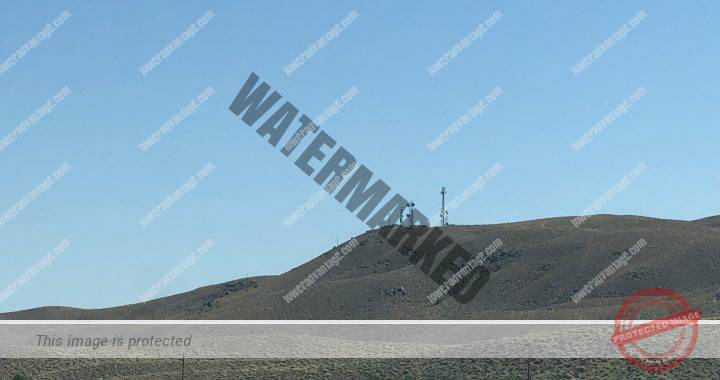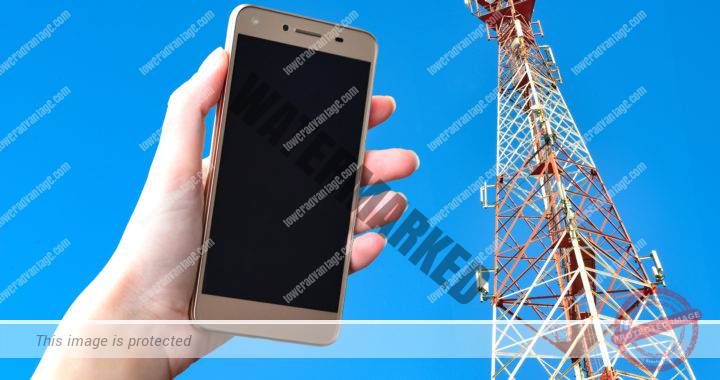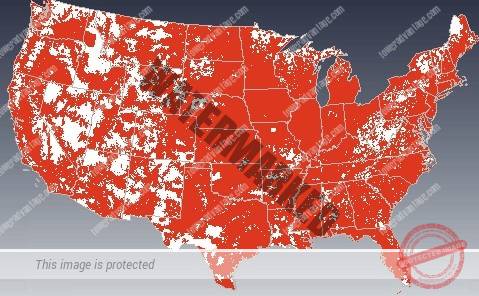Do you want to get the best cell tower lease rates? Do you want to know the rent that you should be getting paid? We will answer these – and many more important questions below.
If you have been contacted for a new lease, or if your current lease is expiring, you have one chance to get your rent right. Perhaps you have been contacted by your tenant to provide consent for an equipment upgrade – this is another potential opportunity. When you are considering a lease buyout (lease sale), the amount your are receiving on a monthly or annual basis will help determine your cell tower agreement’s total value.
There are several factors that must be considered in order to negotiate the best cell tower rent.
1. Is This A Brand New Lease Or A Change To An Existing Lease?
This question is crucial since after the cell site is built, it is more cost-prohibitive to remove. It can often cost tens of thousands of dollars – and sometimes – even hundreds of thousands of dollars, to relocate a cell tower. So, if the tower is already in existence, it provides you with more leverage to secure a higher rent rate.
However, if it is a brand new lease, that doesn’t mean that you have to take less. There are just more options for the company looking to lease your land. When anyone has more options, prices tend to decrease.
Think of the last time you where buying something and there was no shortage of supply. The seller could not “jack” the prices up without the real chance you would go elsewhere to purchase the same thing. The key is knowing what that correct cell tower lease rate is to prevent that from happening.
2. Is There A “Tenant-in-Tow”?
When a cell tower is built, sometimes the wireless carrier – such as T-Mobile – has entered into an agreement with a site acquisition company to build it.
The site acquisition company is “towing” the cell tower tenant immediately behind them. The wireless tenant will put their equipment on the tower almost immediately after it is constructed. This is important since the company building the tower will get income immediately from the tenant. This results in them being able to negotiate higher rents since they are not worried about when they will get paid. The tenants will often also negotiate directly with the property owner without using a site acquisition agent, which gives you the same leverage as this “tenant-in-tow” situation.
Alternatively, if the company building the cell tower does not have a “tenant-in-tow”, they will require a lower cell tower lease rate since it will take them additional time and expense. They will be looking to keep their costs down and to also make more profit once they get a company like Verizon onto the tower.
3. What Is The Neighboring Competition?
Competition is everything when it comes to the rent amount that one can charge.
As discussed earlier, when people have more options, prices tend to decrease. Are there adjacent landowners who have property similar to yours? Are they willing to accept less than you are for the same lease? If you have been approached for a new lease, these factors will weigh against you since no company wants to pay more, if they do not have to. Especially if they have yet to spend a lot of money.
However, if you have an existing cell tower, these considerations are less important. Why is that? That’s because once the tower is built, they have to consider the cost to remove your site, and relocate it to another property, before they can achieve those better cell tower lease rates.
By engaging a cell tower lease expert like Tower Advantage, you can ensure that your rental rate is what it should be for your specific situation.
4. Are There Other Wireless Carriers On The Tower?
Does your tower have more than one telecommunication provider on it? As you can expect, if so, the more income the tower will make.
Companies like Crown Castle and American Tower own and manage cell sites across the nation. In those cases, they act as the tenant. Any subtenants on the tower – such as AT&T and Verizon – would pay the tower operator – the tenant – monthly income for the right to put on their equipment. Yet, most leases do not allow the landlord to share in any of that income.
As you can imagine, a tower with two wireless carriers is more valuable than one with one. What if your tower has four other subtenants – not two? Yep, the value goes up when it is time to negotiate your cell tower lease rate.
5. Are There Other Limitations For The Cell Tower Tenant (e.g., Construction, Zoning/Permitting)?
Does your city, county, or local jurisdiction have limitations on new cell towers?
The more limitations, the more “hoops” a company has to “jump” through. This can be very important if you have an existing site and it is “grandfathered in”. This “grandfather” clause will often allow the cell tower tenant to avoid many of the restrictions imposed on them compared to building a new site. Some of these restrictions can relate to the height of the tower, or the type and placement of the equipment.
However, if you do not know these crucial considerations, you are at a severe disadvantage. We recently helped a landlord get 600% more rent than they were currently receiving by using our data and expertise.
Contact us today if you are negotiating a brand new lease, extending a lease, or if you just need some objective feedback.
Contact our experts at Tower Advantage for your
free consultation on negotiating cell tower lease rates.
(833) MY-TOWER
(833) 698-6937
![]()










